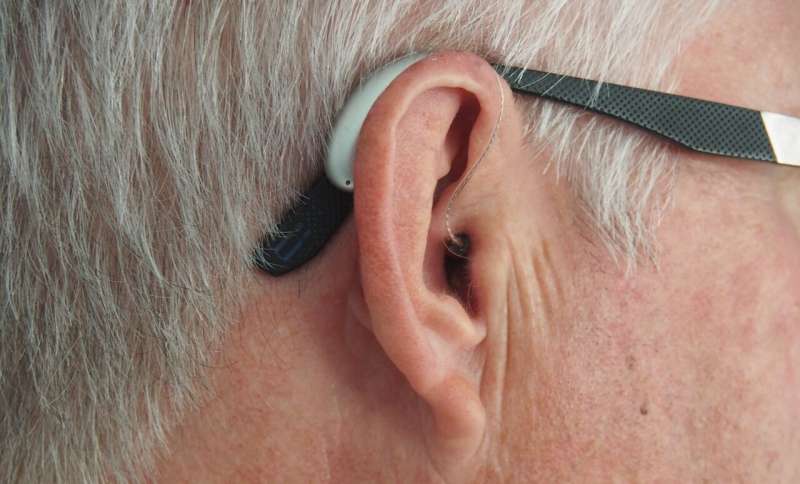Study Identifies Challenges and Opportunities in Hearing Care for Older Adults

A recent study sheds light on the challenges faced by older adults in accessing effective hearing healthcare and advocates for a more integrated, patient-centered approach.
Recent research highlights the significant obstacles faced by older adults in accessing comprehensive hearing healthcare. Conducted as part of the Hearing Impairment in Adults: Longitudinal Outcome Study (HALOS), the study involved in-depth interviews with Australians over 40 who use hearing aids, cochlear implants, or both, to understand their experiences with healthcare providers such as audiologists and general practitioners. Despite technological advances, many participants reported navigating a fragmented system where their needs are not fully understood or addressed.
A prominent theme was the inconsistency in hearing healthcare experiences; while some individuals enjoyed supportive relationships with their clinicians, many expressed frustration over the lack of understanding about how hearing loss affects other aspects of life, including work, relationships, and mental health. Participants often felt that GPs did not sufficiently discuss hearing health or recognize its impact, partly due to the prioritization of other medical conditions in primary care.
Additionally, the study revealed barriers such as lengthy wait times for assessments, miscommunications regarding eligibility for services like cochlear implants, and financial concerns that hinder access to care. Regional participants highlighted difficulties accessing specialized services, exacerbated by limited clinics and the burden of travel.
The research underscores the need for a more integrated, multidisciplinary approach to hearing care—one that combines medical, emotional, and practical support. Improved collaboration among primary care, audiologists, and community services, along with the adoption of telehealth and digital tools, especially in rural areas, could address current gaps.
Professor Bamini Gopinath emphasized the importance of rethinking how hearing health is managed, advocating for standardized, evidence-based guidelines to better educate and empower healthcare providers. Recognizing hearing health as vital to aging well is crucial, and transforming the care pathway into a cohesive journey could significantly enhance quality of life for older adults. This study aims to inform policy reforms to better meet the needs of an aging population experiencing increasing rates of hearing loss.
Source: https://medicalxpress.com/news/2025-06-highlights-barriers-older-adults-loss.html
Stay Updated with Mia's Feed
Get the latest health & wellness insights delivered straight to your inbox.
Related Articles
Rising Prevalence of Coexisting Hypertension and Type 2 Diabetes in U.S. Adults: A Growing Public Health Concern
A comprehensive study reveals a doubling in the prevalence of coexisting hypertension and type 2 diabetes among U.S. adults, significantly increasing mortality risk and underscoring the need for improved prevention and management strategies.
Ohio Couple Celebrates Birth of Baby from 31-Year-Old Frozen Embryo
A groundbreaking fertility achievement as an Ohio couple welcomes a baby from a nearly 31-year-old frozen embryo, setting a new record in reproductive medicine. Learn about this historic case and its implications for fertility technology.
Cambodia Records Fifth Bird Flu Fatality in 2025
Cambodia reports its fifth bird flu-related death of 2025, involving a 52-year-old man infected with H5N1. The cases highlight ongoing risks of avian influenza in the region and the importance ofAlert measures.
Rising Gonorrhea Cases Highlight Challenges of Antibiotic Resistance
Gonorrhea cases are rising worldwide, fueled by increasing antibiotic resistance, making effective treatment more challenging. Researchers are working on new drugs to combat resistant strains and prevent severe health complications.



